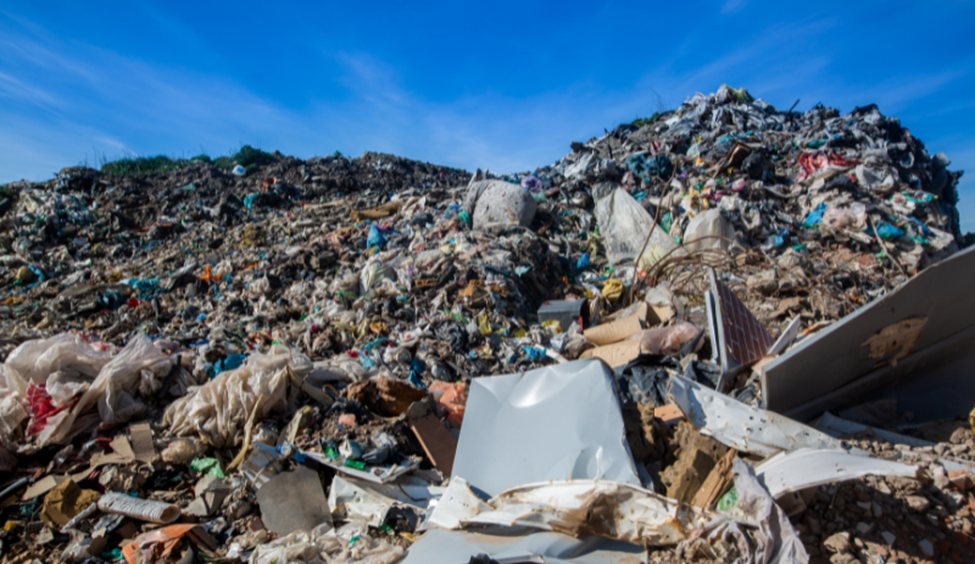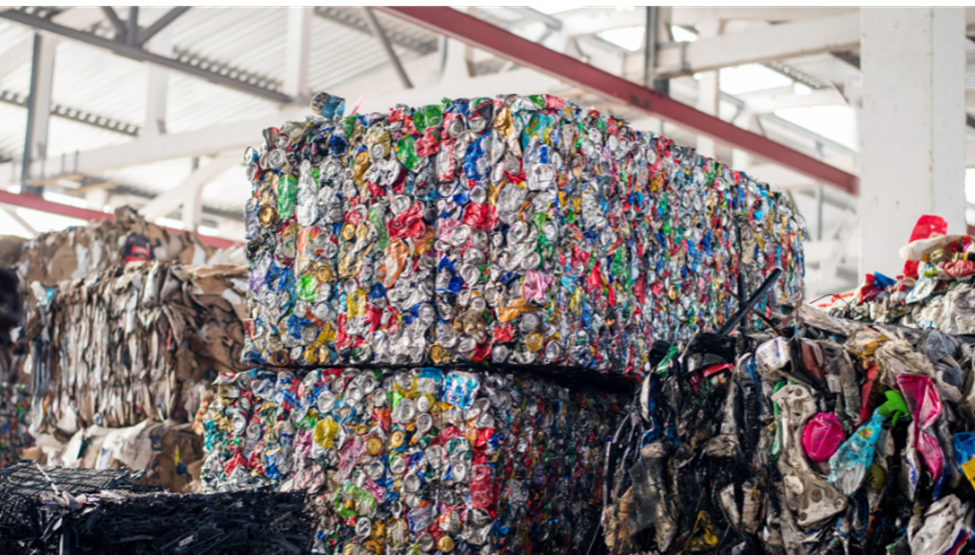Unlocking the Power of Waste to Energy
Waste to energy (WTE) is the creation of energy from things most would consider waste materials. This industry encompasses various cutting-edge technologies. In this rapidly growing field, highly trained expert consultants use their specialized knowledge to help companies effectively manage waste and facilitate the conversion of waste into valuable energy resources. These professionals are crucial in sustainable energy production. The WTE industry has received considerable attention over the past few decades, as humanity strives to address the challenges associated with growing amounts of waste on the earth.

Waste To Energy Technologies
The two primary methods to convert waste into energy are thermochemical and biological. Let’s look at each:
Thermochemical Methods
In the thermochemical arena, incineration is a widely recognized method. Incineration involves burning waste materials at high temperatures, reducing waste, and producing heat energy. Incineration plants must be equipped with advanced pollution control systems to ensure emissions are per acceptable conditions.
Gasification is another widely used technology within the thermochemical domain. This process transforms waste into synthetic gas, known as “syngas,” through a high-temperature chemical process. The syngas can then be used for various purposes, including heat generation, electricity production, and even the production of biofuels. Gasification technology typically offers greater flexibility in handling a wider range of waste materials than incineration.
The third thermochemical method is pyrolysis. This is a distinctive method that also involves heating waste but in the absence of oxygen. This method creates valuable byproducts, like bio-oil and biochar, which themselves serve as energy sources or find applications in other industries.
Biological Methods
In the biological waste-to-energy processes, anaerobic digestion is at center stage. In this method, microorganisms operate in an oxygen-free environment to break down organic waste, including food scraps and sewage. This decomposition process produces biogas (primarily methane), which can be harnessed for electricity generation. This process minimizes waste and reduces greenhouse gas emissions, making anaerobic digestion the current favorite environmentally friendly solution.
The Role of WTE Experts
WTE consultants are integral to the successful implementation of WTE projects, as their expertise extends beyond theoretical knowledge and encompasses practical applications. The two main areas for an expert to assist in a WTE project are the preliminary feasibility and techno-economic studies before a project begins, and their comprehensive support before, during, and after a project. Here are a few of their more typical roles and activities:
Feasibility
Conducting in-depth feasibility studies is often necessary to evaluate the viability of a potential WTE project. These studies often involve comprehensive analysis to assess the composition of waste streams, distinguish valuable components from non-valuable components, and help identify potential challenges.
Other roles that routinely undertaken by experts, includes assistance in determining the energy potential of various waste materials, and assistance evaluating environmental impact to ensure compliance with regulatory standards.
Finally, the expert is often called up early to perform economic (or techno-economic) studies to assess the financial feasibility of a project and the best technology to use.
Project Support
Comprehensive project support is critical throughout a project’s life cycle. The consultant’s role in this area could include project planning to help define clear objectives, timelines, and proper resource allocation. It can also include design and technology evaluation in further assisting in selecting the most suitable WTE technologies and designing efficient systems. Finally, regulatory compliance assistance ensures that all aspects of a project align with environmental and safety regulations, which can often vary by region.
What Sectors Are Currently Seeing Commercial Applications for WTE Projects?
The three areas currently seeing the most commercial applications for WTE projects are municipal solid waste, livestock manure, and food waste:
Municipal Solid Waste (MSW)
In urban areas, municipalities often have the overwhelming task of managing large quantities of solid waste. As noted, WTE facilities that use methods like incineration can efficiently process MSW, generate electricity, and significantly reduce the volume of waste destined for landfills. This approach often works best in or near densely populated areas.
Livestock Manure
Commercial agriculture operations generate substantial amounts of livestock manure, which, if not properly managed, can have negative environmental consequences. Anaerobic digestion of manure helps waste disposal but can also serve as an environmentally friendly solution by producing biogas, which can be used for on-farm energy needs or injected into a local energy grid.
Food Waste
The food industry is a prolific generator of organic waste, including spoiled food and kitchen scraps. Innovative WTE methods like anaerobic digestion and large-scale composting help provide sustainable alternatives to this challenge. Anaerobic digestion converts food waste into biogas, and composting transforms waste into nutrient-rich compost. These processes reduce waste and yield valuable byproducts that can be used in various applications like soil enhancement, erosion control, plant and lawn maintenance, landscaping, and storm water management.
The Bottom Line
Waste-to-Energy (WTE) experts play a pivotal role in modern waste handling by harnessing advanced technologies and sustainable practices to transform waste materials into valuable energy resources. These experts are instrumental in addressing the challenges of increasing waste volumes, environmental concerns, and energy demands. They bridge the gap between waste management and renewable energy generation, contributing to a more efficient and eco-friendly approach to waste disposal, while helping reduce greenhouse gas emissions and conserve valuable natural resources. These experts are essential in the transition towards a more sustainable and resource-efficient waste management system.
About Lee Enterprises Consulting (LEC)
LEC is home to a team of over 180 experts ready to navigate your bioeconomy needs. If you require assistance with biogas or other waste-to-energy endeavors, please contact us.
